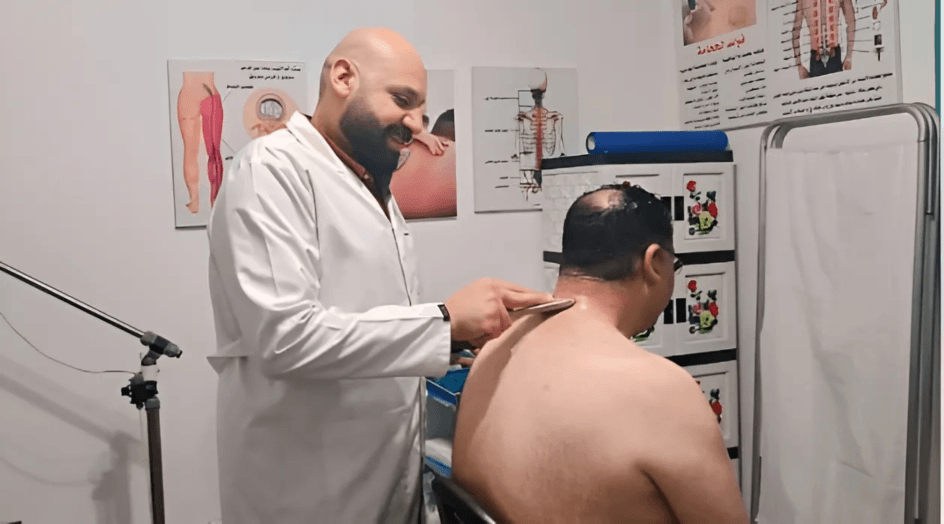


Imagine a world where pain signals are tangled, sending misleading messages to your brain, turning your life into a complex journey through a maze of invisible pain. This is the world of fibromyalgia, a chronic, mysterious condition that affects millions of people worldwide and presents a significant medical and emotional challenge. The exact cause of fibromyalgia is unknown, but it is thought to be a complex disorder that affects how the nervous system processes pain signals. Instead of a normal response to stimuli, the nervous system overreacts, amplifying pain signals even when there is no obvious tissue damage. It’s like the body’s alarm system is going off the alarm even when there is no real danger.
For reservations and communication
More than just pain:
Fibromyalgia is not just a simple pain. It is a complex condition that affects the body, mind and soul. Chronic, widespread pain throughout the body is the main symptom, but it is accompanied by a range of other symptoms that form a complex panel of challenges:
- Diffuse and chronic pain: Deep, constant pain that affects multiple parts of the body, and is not limited to a specific area. The pain may be sharp or dull, constant or changing.
- Fatigue and exhaustion: A constant feeling of tiredness and exhaustion, even after adequate rest. This fatigue is not just laziness, but rather a deep fatigue that affects the ability to carry out daily activities.
- Sleep disturbances: Difficulty falling asleep, or sleeping in an uncomfortable way, and waking up tired. People with the condition may have difficulty falling asleep, waking up early, or feeling restless during sleep.
- Cognitive problems: “Brain fog,” a term that refers to difficulty with concentration, memory, and clear thinking. People with dementia may have trouble remembering things, making decisions, or following conversations.
- Touch sensitivity: Increased sensitivity of the skin to touch, even light touch. Touch may cause pain or discomfort.
- Mood disorders: People with dementia may experience depression, anxiety, or sudden changes in mood.
Diagnosis and challenges:
Diagnosing fibromyalgia is not easy. There is no specific medical test to confirm the condition, and diagnosis is based on an assessment of symptoms, a patient’s medical history, and a physical examination. A doctor may perform a test to identify tender points, which are specific areas on the body that become sensitive to pressure in sufferers. This process is challenging for both the patient and the doctor, requiring patience and an understanding of the complexities of the condition.
A journey towards coexistence:
There is no definitive cure for fibromyalgia, but there are treatment options that help relieve symptoms and improve quality of life. Treatment focuses on pain management, fatigue reduction, and treatment of associated disorders. Treatment may include medications, physical therapy, manual therapy sessions, psychotherapy, cupping, and lifestyle changes. The journey of living with fibromyalgia requires cooperation between the patient and the doctor, and the search for strategies that suit each person individually. It is a journey that requires patience, will, and the search for support and understanding.
🏨In this context, the Egypt Center comes as a pioneering example in providing comprehensive and integrated health care and services 🏥 The clinics provide various medical services that include non-surgical spinal and disc herniation treatment and fibromyalgia treatment under the supervision of a team of specialized doctors and qualified practitioners. 🧑⚕️🦾🦿
#With_the_Center_You_Will_Be_Treated_from_the_Disease_of_the_Era
Share this article
Suggested topics
Copyright © 2024 Egypt Chiropractic Center | All Rights Reserved & Powered by Infinity Creative














